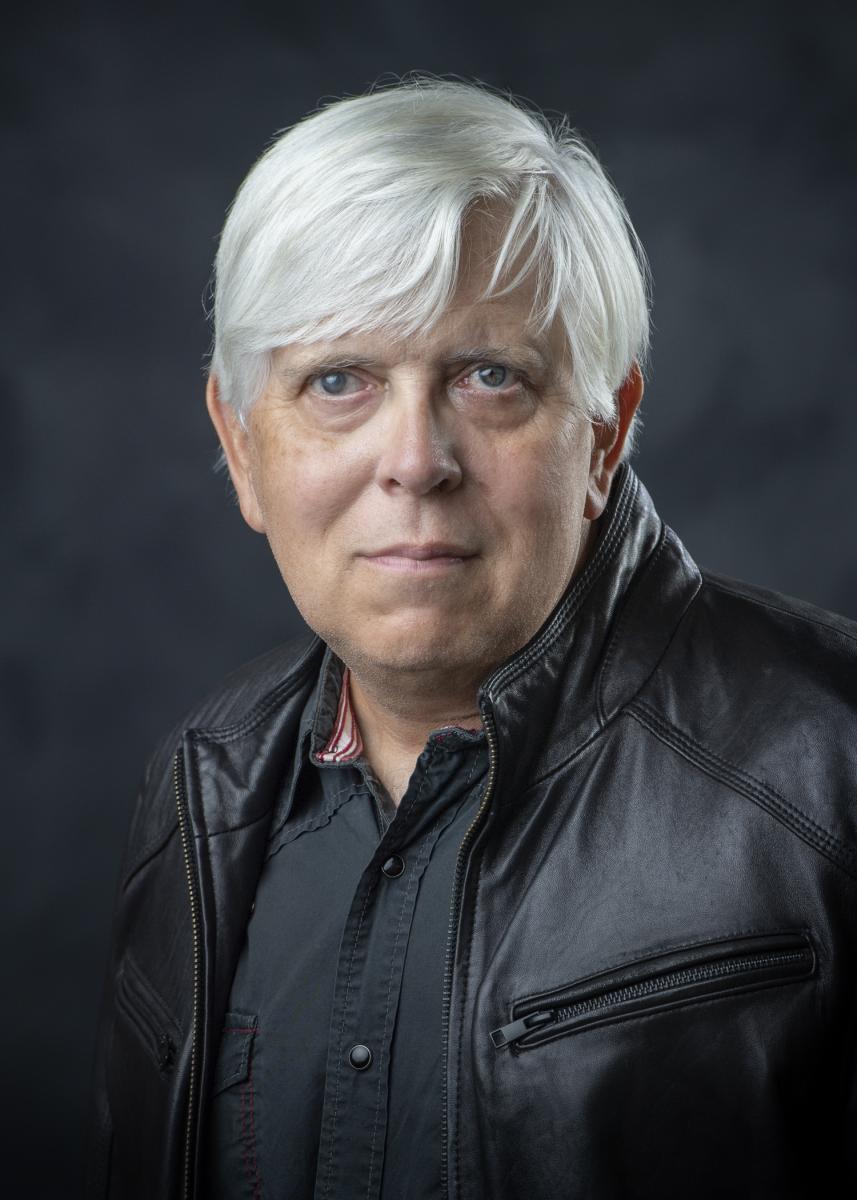Dr. John Bickle
Additional Positions
Director of Deep South Philosophy & Neuroscience Workgroup
Education
- M.A., Ph.D. University of California, Irvine, 1989
- Dissertation Title: Towards a Scientific Reformulation of the Mind-Body Problem
- B.A. University of California, Los Angeles, 1983
Areas of Research
- Philosophy of neuroscience
- Philosophy of science (especially the nature and scope of scientific reductionism)
- Cellular and molecular mechanisms of cognition and consciousness
Other
Since 2017 Bickle has been the American Philosophical Association’s (APA) representative to the American Association for the Advancement of Science’s (AAAS) Section V: Neuroscience.
Research Interests
Bickle’s research is in the philosophy of neuroscience. From the late 1980s into the early 2000s he defended a view he labeled “new wave psychoneural reduction,” which was heavily influenced by the work of Paul and Patricia Churchland. Starting in the early 2000s, over the next decade his focus turned away from more traditional approaches in the philosophy of science to a science-in-practice approach and a method he called “metascience.” Focusing on landmark studies from the neurobiological field of ‘molecular and cellular cognition,’ he articulated and defended a novel view he called “ruthless reduction.”
Starting in the mid-2010s he shifted his science-in-practice focus and metascience methods to the topic of research tool development in neuroscience. Most recently he has focused more broadly on historical episodes in mid- to late-20th century neurobiology, exploring ways that detailed historical narratives about the development of some landmark laboratory research tools (such as gene targeting techniques, optogenetics and chemogenetics, and the patch clamp) and discoveries (such as molecular mechanisms of long-term potentiation and mammalian adult neurogenesis) lead to new ideas about the nature of experimentation and the (limited) roles of theories in “wetlab” neurobiology.
Bickle is the author of four academic books and more than 100 research articles in philosophy and neuroscience journals and book volumes. He edited or co-edited two major collections, The Oxford Handbook of Philosophy and Neuroscience (New York: Oxford University Press, 2009, paperback edition 2012) and The Tools of Neuroscience Experiment: Philosophical and Scientific Perspectives (co-editors Carl F. Craver and Ann-Sophie Barwich, Oxfordshire, UK: Routledge, 2022). He is the author of two entries in the Stanford Encyclopedia of Philosophy, “Multiple Realizability” and “The Philosophy of Neuroscience” (www.plato.stanford.edu). He has given more than 300 research lectures ranging from academic conferences to department colloquia, including invited lectures in 23 countries worldwide. His research has been supported by grants from the NIH and the NSF.
According to Google Scholar, Bickle’s work has been cited more than 3,700 times. His h-index is 24 and his i-10 index is 47 (last queried July 2025)
Bickle also organized and directs the Deep South Philosophy and Neuroscience Workgroup, an American Philosophical Association (APA) Philosophy of Science Association (PSA) affiliated group that seeks to promote interactions between philosophers and neuroscientists. The Workgroup has a web site at www.deepsouthphilneuro.com, has held an annual meeting, Philosophy and Neuroscience at the Gulf, since Fall 2018, and regularly holds Group Meetings at Divisional APA meetings and biennial PSA meetings. He has also been the APA’s Representative to the American Association for the Advancement of Science (AAAS), section V: Neuroscience, since 2017.
Recent Representative Publications
“What kind of a scientific revolution was the discovery of mammalian adult neurogenesis?” Synthese , published online July 24, 2025, https://doi.org/10.1007/s11229-025-05138-9
“How can a “philosopher’s toolkit” contribute to progress in neuroscience? Let’s ask some neuroscientists” (Bickle lead author, co-authors Patricia Churchland, Stuart Firestein, Michael Lehman, David Parker, Alcino J. Silva, Bradley J. Walters and Robert Williams), European Journal of Neuroscience 2025; 61:e70074 1 of 20, https://doi.org/10.1111/ejn.70074
“Revolutions in “wet” neuroscience” (co-author David Parker). In Gregory Boyle (Ed.), The SAGE Handbook of Cognitive and Systems Neuroscience, SAGE Publishing, London, pp. 495-510
“Hodgkin’s and Huxley’s own assessments of their “quantitative description” of nerve membrane current.” History and Philosophy of the Life Sciences 45, 25 (2023). https://doi.org/10.1007/s40656-023-00582-7.
“Neuroepigenetics in philosophical focus: A critical analysis of the philosophy of mechanism” (co-author Antonella Tramacere). Biological Theory (2023) https://doi.org/10.1007/s13752-023-00435-3
Books
- The Tools of Neuroscience Experiment: Philosophical and Scientific Perspectives. Oxfordshire, UK: Routledge, 2021
- Psychoneural Reduction: The New Wave. Cambridge, MA: MIT Press, 1998
- Philosophy and Neuroscience: A Ruthlessly Reductive Account 1st Edition
- Understanding Scientific Reasoning (9780155063266)
- Oxford Handbook of Philosophy and Neuroscience
- Engineering the Next Revolution in Neuroscience: The New Science of Experiment Planning
